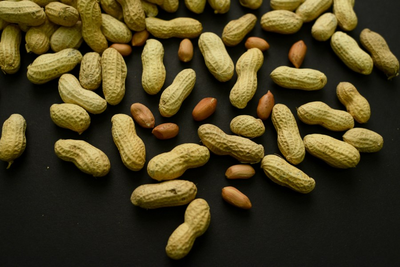
(The Hill) – An existing asthma treatment shows promise for reducing food allergies in children and is one step closer to approval that could come by the end of March.
Early data from a federally funded clinical trial showed children who received injections of the monoclonal antibody omalizumab could consume higher doses of peanut, egg, milk and cashew without allergic reactions compared to those who received a placebo.
Omalizumab, marketed as Xolair and developed by Genentech and Novartis, has been on the market since 2003 as a treatment for allergy-induced asthma, chronic hives and an inflammatory sinus disease called chronic rhinosinusitis with nasal polyps.
The companies last week announced the Food and Drug Administration (FDA) is reviewing an application on a priority review basis for Xolair to be used to reduce reactions, including anaphylaxis, in cases of accidental exposure to foods.
If approved, Xolair would be the first medicine to reduce allergic reactions to multiple foods following accidental exposure. The companies said FDA is expected to make a decision on approval in the first quarter of 2024.
Food allergies affect up to 17 million children and adults in the U.S. More than 40 percent of children and more than half of adults with food allergies have experienced a severe reaction at least once, and it is estimated that food-related anaphylaxis results in 30,000 medical events treated in emergency rooms in the U.S. each year.
The current treatment for food allergies is to avoid eating the foods that may cause a reaction and to have medications such as epinephrine on hand in case of a reaction. However, accidental exposures can be difficult to avoid.
If approved, people taking the treatment would still need to avoid foods to which they are allergic. It’s not designed to allow patients to freely eat all foods, only make it so a higher level of the food is needed to cause an allergic reaction.
Preliminary analysis of results from 165 children and adolescents who participated in the first stage of the trial showed enough promise that the trial stopped enrolling participants, according to the National Institute of Allergy and Infectious Diseases (NIAID).
There will be three stages in the trial, and only the first stage has been completed, NIAID said.
During the first phase, patients received injections of Xolair every two to four weeks for 16 to 20 weeks.
The rest of the study will look at how a short course of the injectable treatment combined with oral immunotherapy — an experimental treatment in which patients consume gradually increasing quantities of the food to which they are allergic — compares with just a longer course of the treatment alone.